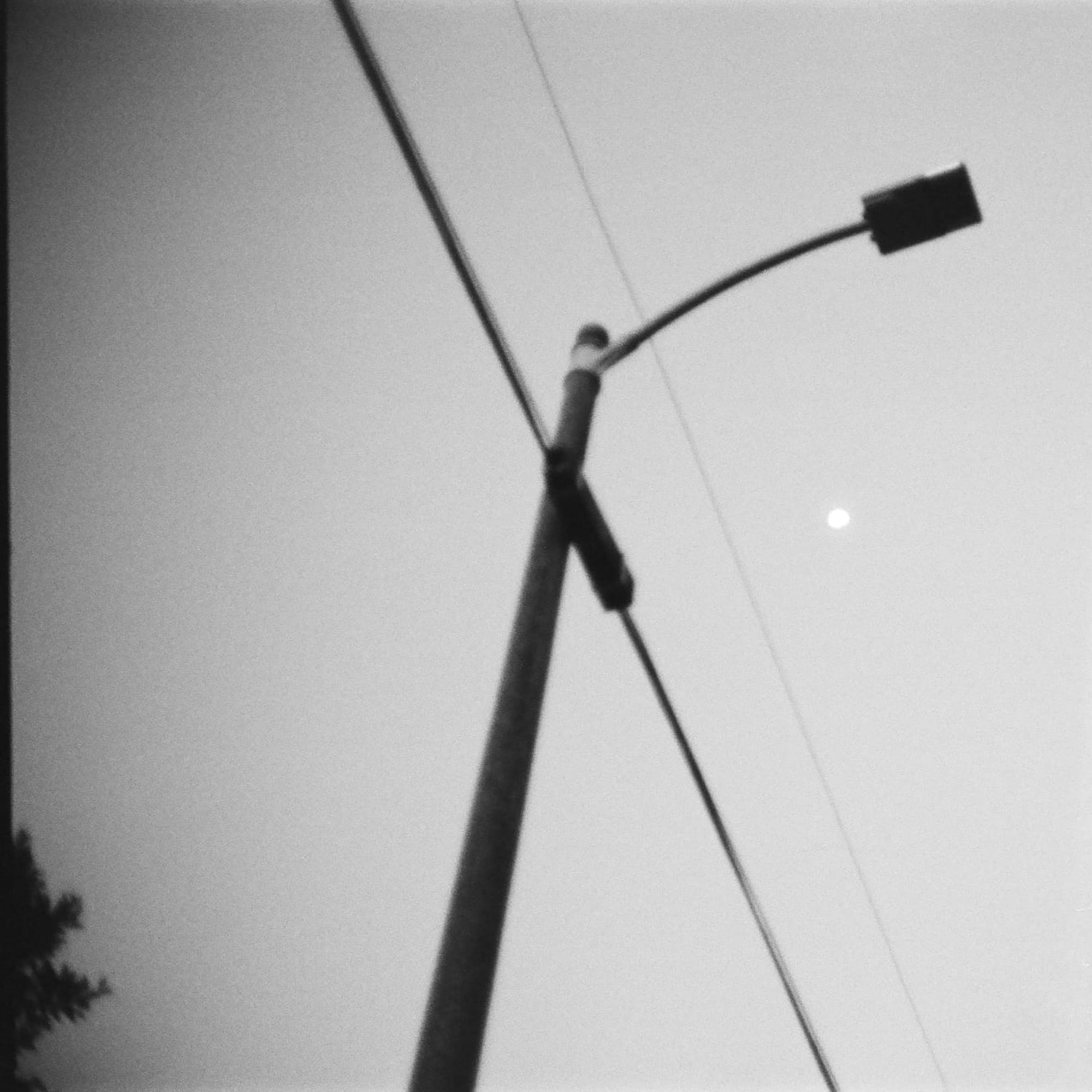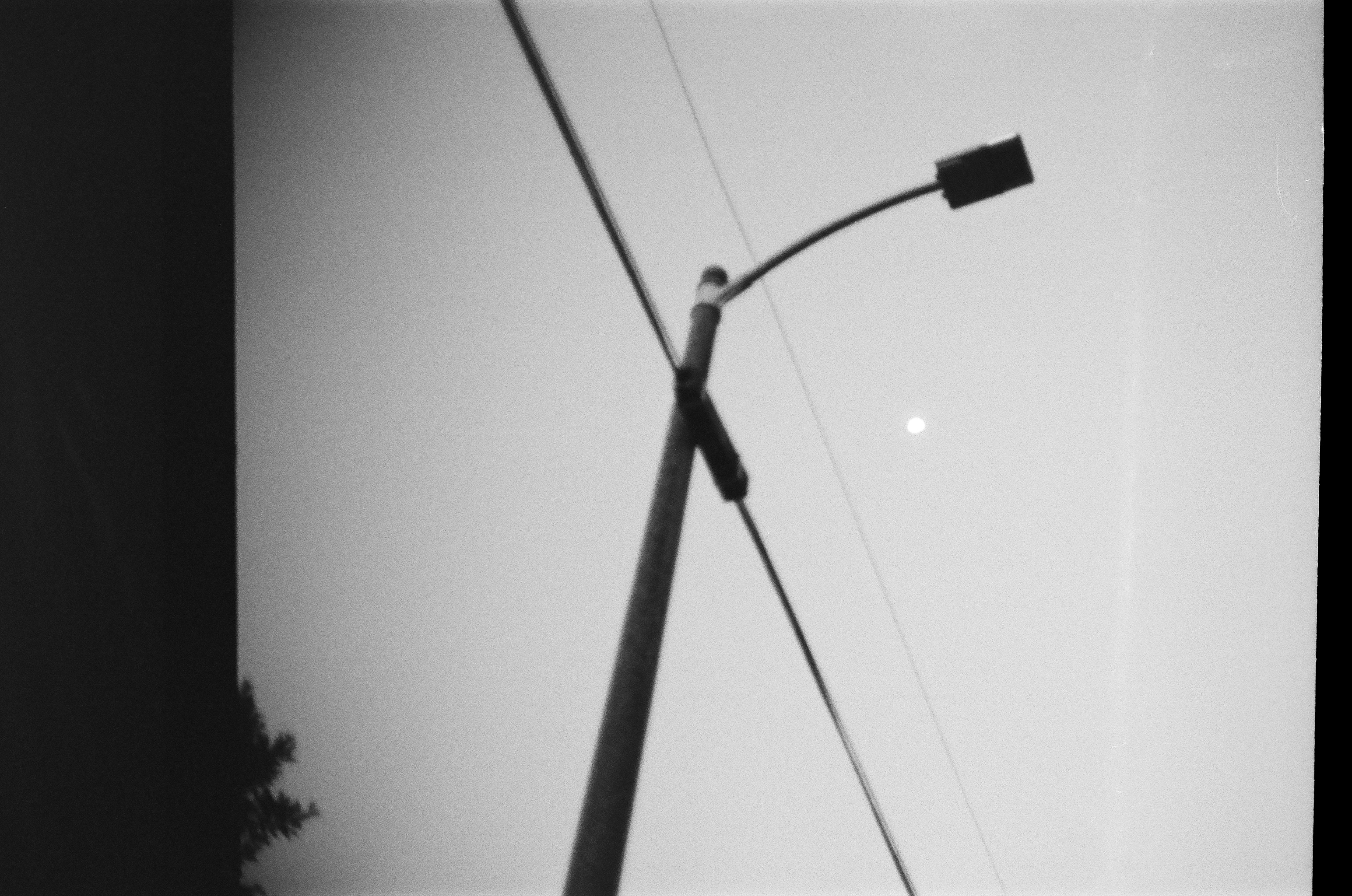Werewolf Cop


You can now subscribe in your podcasting app!
Transcript:
So I was asked by someone to read the first few pages of their audio drama, and it had the problem that you may recognize as "Blade Runner Theatrical Release Syndrome," AKA "You have a complicated world mythology. And so you roll out a narration at the beginning that lets everyone know what's going on and where we are and what the rules are," stuff like that.
So what I wanna do in this situation is give them the old chestnut of "Show. Don't tell." But we're talking about audio drama. So how exactly do you show? What is the audio drama version of "Show Don't tell?"
Because Audio drama shares so much DNA with audio books, We feel pretty comfortable with narration, but I think the problem with that is that books aren't narration. A good book doesn't just plainly give you the story in the way that narration does. A good book makes you work for the story the same way that an audio drama should.
Oftentimes in audio drama, we put narration in there because we don't have the option of showing anyone anything. But no one wants a plain explanation of the world. They want to be invited into it. So what is that invitation? If your story begins "The year is 2195, and because of a blank, it's caused the earth to blank, and now we all have to blank for our blank." If you do that, what do I do as an audience member?
There's nothing for me to figure out. There's nothing for me to activate on.
I'm not curious about anything because you've already told me everything. I referred to this as "Blade Runner Theatrical Release Syndrome." In case you're not aware, in the theatrical release of Blade Runner, there's narration in the film explaining the world to the audience. It's really bad and unnecessary. And Ridley Scott and Harrison Ford fought against it really hard. Harrison Ford apparently performed it really badly on purpose so that they wouldn't use it, but they used it anyway.
I wish I could have originally experienced the movie without that narration, because I would've had the experience of investigating the movie, looking at the clues that it gave me to piece the story together myself. I wish the movie could have just been showing me things, not telling me things.
In audio drama, you don't have the option of that amazing shot in Blade Runner when the flying car goes into the sky and you'd see the giant future dystopia city. So what do you do in audio drama. When you want to show and not tell what do you do?
What you can do is something that I would call a slow widening of the lens. You start with something very recognizable and then slowly draw in different aspects of this new world.
Let me give you an example. Uh, we're gonna call this. "Werewolf cop" Okay?
In this world, lycanthropy is a problem and it's very contagious, and the whole world has to approach it like it's a pandemic.
I think the wrong thing to do is begin the story. In the year 2036, the first infestation of lycanthropy happened, right? I don't wanna do that. That's bad. I am bored now because as an audience member, I have nothing to do.
So consider starting your story like this with something very recognizable. A police sergeant starting his morning shift, having coffee at his usual place. The owner starts complaining to him about crime and how the city is going to hell, and something's gotta be done. And the cop keeps getting calls on a CB about some sort of code W in in progress. The code W is in progress and he keeps ignoring it. So finally he can't ignore it anymore, and he heads to the scene.
The police have the building surrounded, but inside are not bank robbers, but a werewolf. And from there you keep widening the story. There's a dedicated department for this. There's a wall around the city to keep the werewolves out, et cetera, but you're never told that by a narrator. You experience it in real time with the characters.
Okay, now I wanna stress that I don't think this is a good idea for an audio drama. In fact, it's quite bad. But I'm doing it to illustrate what the idea of "show don't tell" sounds like in an audio drama. Rather than a big, sweeping camera shot of a dystopian city, It's the slow trickling in of the world you've created, rather than a massive wall of explanation that exhausts the audience before the story even begins.
And when the story slowly trickles in like that, with each little bit of information you're getting, it hints at a very big world and it really draws people in.
Now look, are there audience members out there that want the whole story given to them on a silver platter? Yes. Are there people who like the theatrical release of Blade Runner because they like the narration because the movie tells them exactly where they're going. Yes. Are there even more of these people than you, or, I think also, yes, but this is audio drama and that's not your audience.
Your audience wants a challenge.
They want a mystery. They want something that they can figure out for themselves. And every time you tell your audience something plainly with narration, you are taking that opportunity away from them. Take the time to live in the world you created, and they'll want to live in it too, and they'll maybe even want to stay.
I think people worry when they're writing a story, that they're not going to be understood, and that's a very natural feeling. So the inclination is to do a lot, really make sure you're being clear. But I think you need to have more faith in your audience.
They'll always surprise you. There's this magical moment that happens when an audience truly grips the story when they reach a level of understanding that maybe you didn't think possible.
When they do get there, it's not going to be because you led them there with your hyper-specific narration. It'll be because they chose to follow you into your story as you explore it.
And when that moment of understanding happens, that's when you'll finally be showing them something instead of telling them.